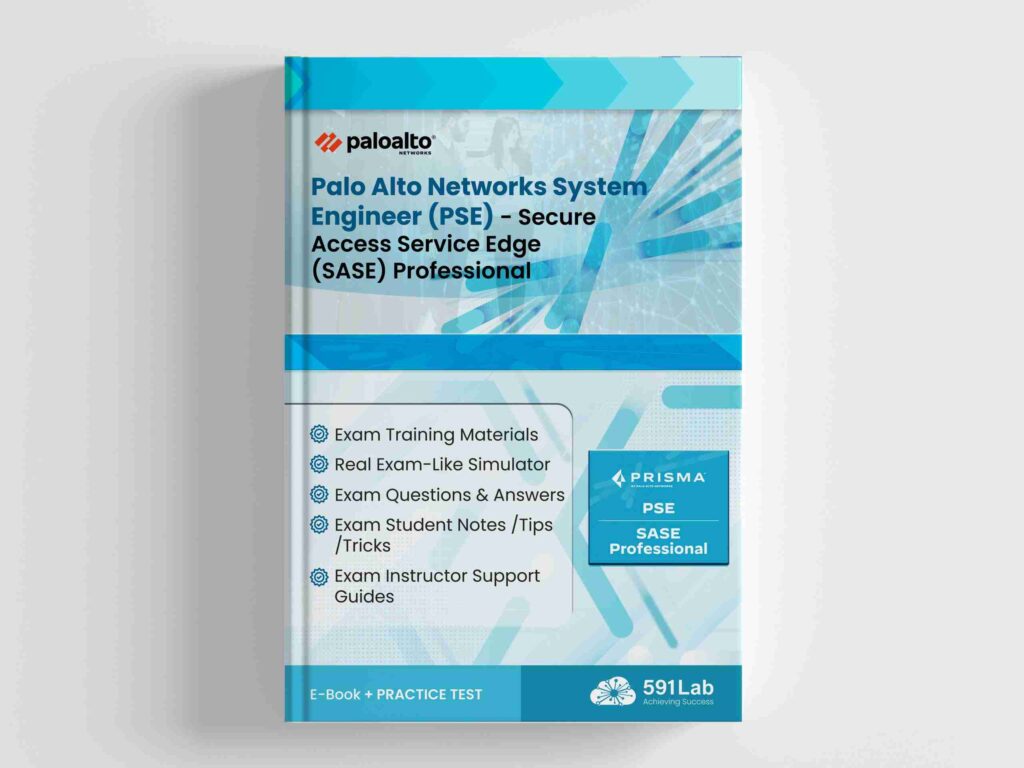In the ever-evolving world of cybersecurity, choosing the right certification can significantly influence your career trajectory. Two of the most respected names in network security are Palo alto certifications and Fortinet. Both companies offer robust cybersecurity solutions and have developed comprehensive certification paths. But when it comes to Palo Alto vs. Fortinet certifications, which one should you choose? Let’s dive into a comparison to help you make an informed decision.

Understanding the Certification Tracks
Palo Alto Certifications:
Palo Alto Networks offers the Palo Alto Networks Certified Cybersecurity Associate (PCCSA), Certified Network Security Administrator (PCNSA), and Certified Network Security Engineer (PCNSE). These certifications are structured to validate skills in managing, configuring, and troubleshooting Palo Alto firewalls and security environments.
Palo Alto has also introduced certifications under the Palo Alto Networks Certified Cloud Security Engineer (PCCSE) track to address cloud security, making it highly relevant for professionals focusing on multi-cloud architectures.
Fortinet Certifications:
Fortinet provides a well-structured NSE (Network Security Expert) program, which includes eight levels (NSE 1 to NSE 8). From foundational cybersecurity awareness (NSE 1-3) to expert-level design and troubleshooting (NSE 8), Fortinet’s path offers progressive learning for professionals at every stage.
The NSE 4 is the most popular and is equivalent to PCNSE in terms of firewall administration. Higher levels like NSE 7 and NSE 8 dive deep into advanced security concepts and are aimed at engineers, architects, and security consultants.
Market Demand and Recognition
Palo Alto Networks is widely used in enterprise environments, especially in North America and parts of Europe. Their firewall solutions are known for innovation and deep integration with threat intelligence and cloud services. A PCNSE certification is highly valued by employers looking for candidates who can manage next-gen firewalls and secure hybrid environments.
Fortinet, on the other hand, has a massive global footprint, especially in Asia, Latin America, and Africa. FortiGate firewalls are known for their affordability, performance, and integration within the Fortinet Security Fabric. NSE 4 and above are frequently mentioned in job postings related to network security engineering and administration.
In short:
- Choose Palo Alto if you’re targeting large enterprises and cloud-first companies.
- Choose Fortinet if you’re working with service providers, SMBs, or in regions where Fortinet dominates the market.
Exam Structure and Cost
Palo Alto Exams:
- PCNSA and PCNSE exams are moderately priced (usually between $140 to $160 USD).
- Exams focus on practical knowledge, requiring experience with real-world scenarios and devices.
- Palo Alto offers virtual labs and official training programs to help candidates prepare.
Fortinet Exams:
- NSE 1 to NSE 3 are free and available online.
- NSE 4 to NSE 8 require proctored exams, with fees ranging from $200 to $400+ depending on the level.
- Fortinet offers FortiGate VM, hands-on labs, and partner-delivered training courses.
If you’re budget-conscious and want entry-level certification without upfront cost, Fortinet NSE 1–3 is a great starting point.
Career Opportunities
- PCNSE holders often land roles such as Firewall Engineer, Security Administrator, or Cloud Security Specialist.
- NSE 4–8 certified professionals frequently take on roles like Network Security Engineer, Security Architect, and SOC Analyst.
Both certification paths can lead to six-figure salaries in the right markets, especially when combined with hands-on experience and other industry certifications (like CCNP Security, CEH, or CISSP).
Final Verdict: Which One Should You Get?
- Go for Palo Alto if you’re looking to work with cutting-edge enterprises that prioritize cloud-native security and advanced threat protection.
- Choose Fortinet if you prefer a broader, structured learning path with more accessible entry-level certifications and global market relevance.
Ultimately, both certifications offer excellent value, and the best choice depends on your career goals, geographical location, and the types of companies you want to work for.
Pro Tip: If you have the time and resources, consider earning certifications from both vendors—dual expertise can significantly boost your employability in today’s diverse cybersecurity landscape.